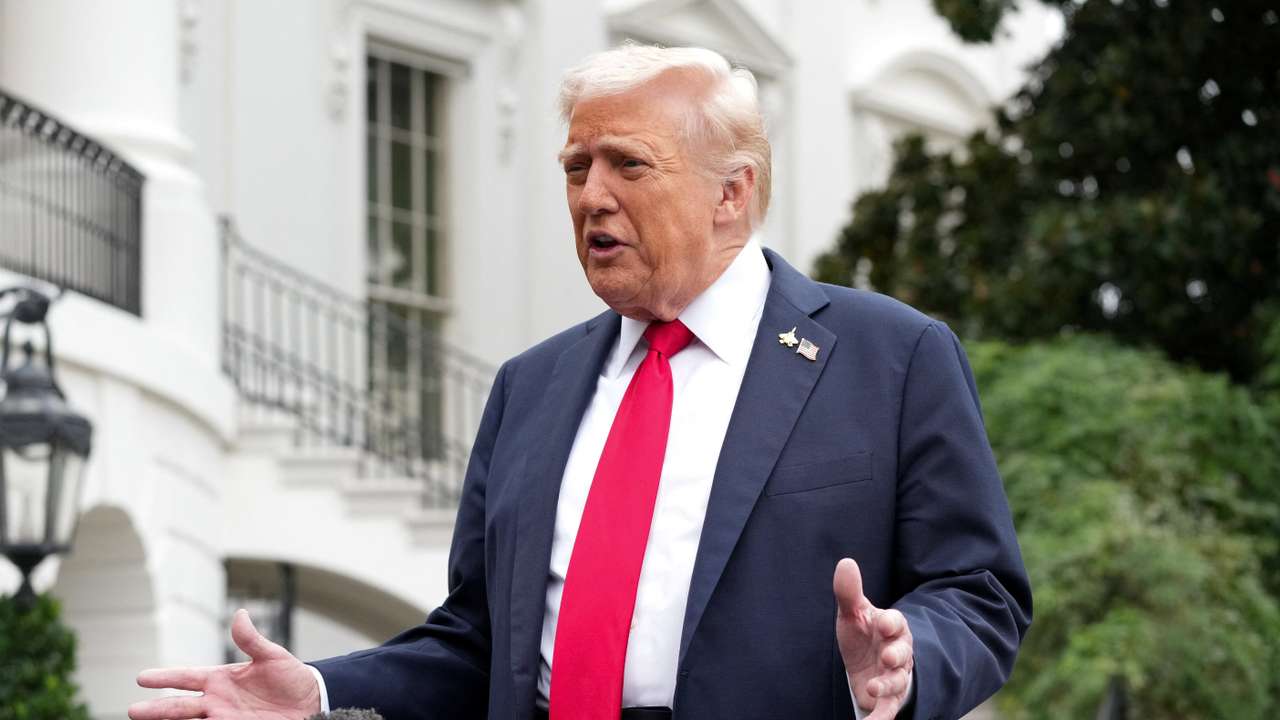Why U.S. is prioritising white South Africans over other refugees

The US state of Maine is set to welcome just 50 refugees next year, all white South Africans, which is a sharp departure from previous years when the state resettled around 1,000 people from diverse regions affected by war, persecution, and political instability.
This shift stems from a policy change under the Trump administration, which has drastically reduced the total number of refugees allowed into the United States to 7,500 annually. A report by WMTW stated that a White House directive indicates that a significant share of those admitted will be South Africans who claim to face “illegal or unjust discrimination in their respective homelands.”
The focus on white South African farmers, cited by the administration as victims of racial violence, has been heavily criticised. The South African government denies these claims, arguing that the narrative has been weaponised to serve ideological agendas abroad.
Maine's refugee support network struggles to cope
For Maine, a state once praised for its vibrant refugee resettlement programs, the impact of the new policy is already visible. Inza Outtara, the State Refugee Coordinator with Catholic Charities, says the program has been severely downsized.
“We used to receive around 1,000 refugees per year,” said Outtara. “Now it’s just 50. Our office had 15 or 16 people, now we’re down to eight.”
Two of the state’s three resettlement agencies, Catholic Charities and the Jewish Community Alliance (JCA), have shut down their refugee programs due to funding cuts. The Maine Immigrant and Refugee Services in Lewiston is now the only remaining federally approved resettlement agency.
“In the current political climate with massive grant cuts and unexpected changes to programs and decisions, it is not viable for us to take on further, substantial financial risks to run this program,” the JCA said in a statement.
A politicised humanitarian agenda?
Traditionally, U.S. resettlement efforts have focused on populations fleeing war and systemic violence in places like Syria, the Democratic Republic of Congo, or Myanmar.
In contrast, the Trump administration’s decision to center a small, predominantly white farming community, with little international consensus about their risk level, has raised questions about bias and selective humanitarianism.
Meanwhile, the communities once sustained by diverse waves of refugees in Maine are left grappling with declining support.
This story is written and edited by the Global South World team, you can contact us here.